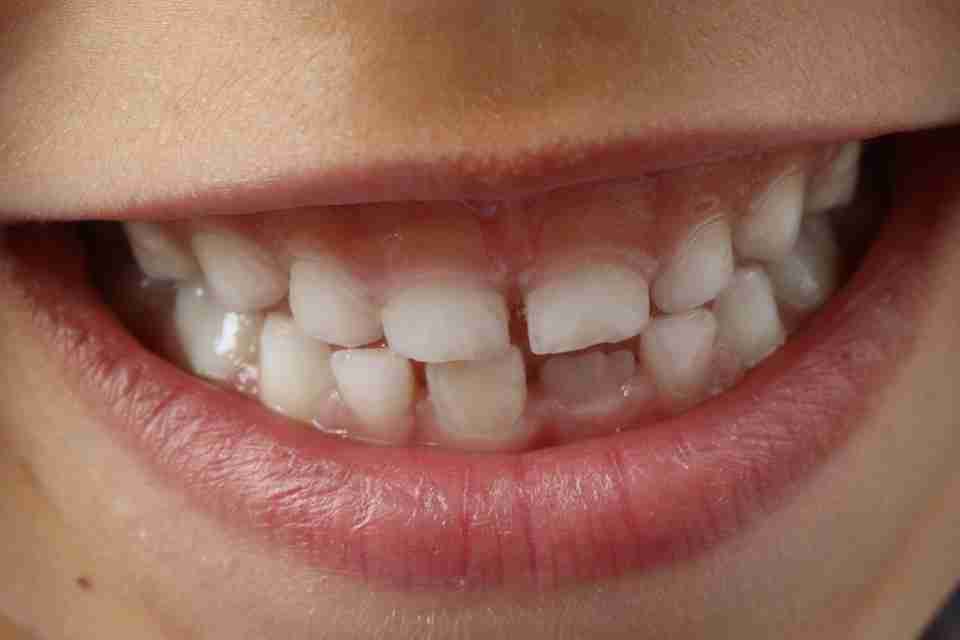Types of Periodontal Disease in Children
Periodontal disease can strike young children, but many forms can increase prevalence during adolescence. Periodontal disease is caused when bacteria in plaque (a sticky, colorless film that forms in the mouth) builds up between the gums and teeth. When the bacteria begin to grow, the gums surrounding the tooth can become inflamed.
Periodontal disease prevention in young children
The best ways to prevent periodontal disease include twice-daily brushing, flossing, and swishing with plaque removing kids’ mouthwash. Monitoring younger kids and their oral hygiene routines may be necessary to ensure they are hitting all the right spots when brushing and flossing and swishing for long enough periods of time. A good rule of thumb is to brush for two minutes, swish for 30 seconds and floss until they’ve gotten in between each tooth. There are many toothbrushes on the market that include two-minute timers, so your child will know when brushing should be complete. Encourage them to use a timer or have their sibling count to 30, so they know when swishing time is done.
Signs of Periodontal Disease
Four basic signs will alert you to periodontal disease in your child:
- Bleeding
Bleeding gums during tooth brushing, flossing or any other time - Puffiness
Swollen and bright red gums - Recession
Gums that have receded away from the teeth, sometimes exposing the roots - Bad breath
Constant bad breath that does not clear up with brushing and flossing
Importance of Good Hygiene in Adolescence
As children approach adolescence, they become more susceptible to additional forms of gum disease in addition to gingivitis.
Hormonal changes related to puberty can put teens at greater risk for getting periodontal disease. During puberty, an increased level of hormones, such as progesterone and possibly estrogen, cause increased blood circulation to the gums. This may cause an increase in the gum’s sensitivity and lead to a greater reaction to any irritation, including food particles and plaque. During this time, the gums may become swollen, turn red and feel tender.
As a teen progresses through puberty, the tendency for the gums to swell in response to irritants will lessen. However, during puberty, it is very important to follow a good at-home dental hygiene regimen, including regular brushing and flossing, and regular dental care. In some cases, a dental professional may recommend periodontal therapy to help prevent damage to the tissues and bone surrounding the teeth.
If at any time you are unsure of your child’s gum condition, please schedule an appointment with Medplex Pediatric Dentistry.
Advice for Parents
Early diagnosis is important for successful treatment of periodontal diseases. Therefore, it is important that children receive a comprehensive periodontal examination as part of their routine dental visits. Be aware that if your child has an advanced form of periodontal disease, this may be an early sign of systemic disease. A general medical evaluation should be considered for children who exhibit severe periodontitis, especially if it appears resistant to therapy.
The most important preventive step against periodontal disease is to establish good oral health habits with your child. There are basic preventive steps to help your child maintain good oral health:
- Establish good dental hygiene habits When your child is 12 months old, you can begin using toothpaste when brushing his or her teeth. When the gaps between your child’s teeth close, it’s important to start flossing.
- Serve as a good role model by practicing good dental hygiene habits yourself.
- Schedule regular dental visits for family checkups, periodontal evaluations and cleanings.
- Check your child’s mouth for the signs of periodontal disease, including bleeding gums, swollen and bright red gums, gums that are receding away from the teeth and bad breath.
THE AAP RECENTLY PARTNERED WITH THE AD COUNCIL TO PROMOTE HEALTHY ORAL HABITS IN CHILDREN. CHECK OUT THE 2MIN2X.ORG FOR MORE INFORMATION.
Pediatric Dental Associates serves patients in the Greater Birmingham area.
Adapted from perio.org

